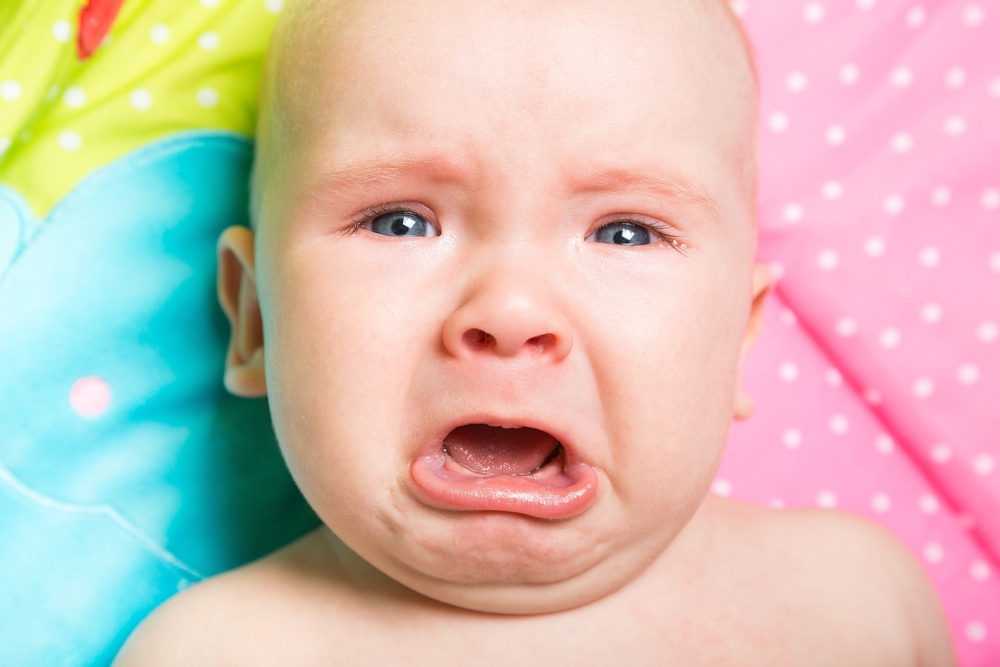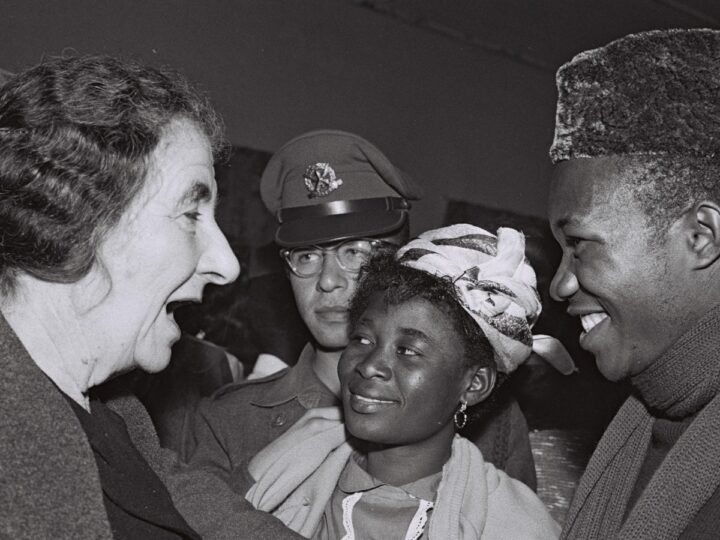Babies already show empathy for a bullied victim at six months of age, according to Israeli researchers from Ben-Gurion University of the Negev and Hebrew University of Jerusalem.
Their paper published in the British Journal of Psychology debunked the theory that babies develop the ability to empathize only after one year.
“The findings indicate that even during a baby’s first year, the infant is already sensitive to others’ feelings and can draw complicated conclusions about the context of a particular emotional display,” said Florina Uzefovsky, head of the BGU Bio-Empathy Lab and senior lecturer in BGU’s department of psychology and the Zlotowski Center for Neuroscience.
In the first experiment, researchers determined that five- to nine-month-old infants demonstrate a clear pro-victim preference. They showed 27 infants two video clips depicting a square figure with eyes climbing a hill and meeting a round figure. In the first clip, they happily go down the hill together with positive or neutral facial expressions. In the second clip, the round figure hits and bullies the square figure until it goes back down the hill, crying and doubling over.
The researchers then had the babies show their preference by choosing one of the square figures presented to them on a tray. More than 80% of the participants chose the figure that had shown distress, thus showing empathic preference towards the bullied figure.
When shown the same set of figures without any context, the babies showed no preference for either figure.
“Even during the first year of life, babies are able to identify which figures ‘deserve’ empathy and which do not, and if it appears that there is no justification for the other one’s distress, no preference is shown,”said Uzefovsky.
Maayan Davidov and Yael Paz of Hebrew University’s School of Social Work and Social Welfare co-authored the study, which was supported by the Israel Science Foundation.







